Unlocking the secrets to a healthier, happier life may be simpler than you think. Picture this: every day, our bodies navigate a battlefield of free radicals, the silent but powerful enemies that speed up aging, contribute to illnesses, and weaken our defenses. But fear not! In this blog post, dive deep into the world of antioxidants – your ultimate superheroes in the fight against these harmful foes. Discover how these powerful fighters can safeguard your health, slow down the ticking clock of time, and boost your well-being in ways you never imagined. Get ready to be amazed by the incredible world of antioxidants and free radicals! Let’s embark on this enlightening journey together.
Discover the Top-Rated Products to Boost Your Health & Wellness
What are Antioxidants?
Antioxidants are compounds that help neutralize free radicals in the body. Free radicals are unstable molecules that can cause cell damage and contribute to various diseases.
Antioxidants combat this damage by giving their electrons to the free radicals, stabilizing them and preventing them from causing harm. In essence, antioxidants protect our cells from oxidative stress.
How Do Antioxidants Work?
When we consume antioxidants through food or supplements, they circulate through the body, neutralizing free radicals and reducing oxidative damage. This process can help lower the risk of chronic diseases, inflammation, and aging.
Sources of Antioxidants
Antioxidants are commonly found in fruits, vegetables, nuts, and seeds. Some of the most potent sources include:
- Vitamin C: Found in citrus fruits, bell peppers, and strawberries, vitamin C is a powerful antioxidant that boosts the immune system and promotes skin health.
- Vitamin E: Rich sources of vitamin E include almonds, spinach, and sunflower seeds. It is essential for protecting cell membranes and maintaining healthy skin.
- Polyphenols: These antioxidants are abundant in green tea, dark chocolate, and berries. They have been linked to reduced inflammation and improved heart health.
- Beta-carotene: Carrots, sweet potatoes, and pumpkin are high in beta-carotene, which gets converted into vitamin A in the body. It supports eye health and boosts immune function.
Supplements can also provide a convenient way to boost your antioxidant intake. Always choose reputable brands like Nature’s Way or Garden of Life to ensure quality and potency.
Choosing a balanced diet rich in antioxidant-rich foods is the best way to reap the benefits of these powerful compounds. By incorporating colorful fruits and vegetables into your meals, you can support your overall health and well-being.
Remember, antioxidants work best when consumed as part of a varied and nutrient-dense diet. So make sure to include a rainbow of colors on your plate to nourish your body from the inside out. Start your journey towards a healthier you today by prioritizing antioxidant-rich foods and supplements in your daily routine.
The Role of Free Radicals
In order to truly grasp the importance of antioxidants in our daily lives, it is essential to understand the role of free radicals in our bodies. What are free radicals? – you might ask. Let’s delve into this topic and shed some light on the potential harm they can cause to our cells.
What are Free Radicals?
Free radicals are unstable molecules that have the potential to cause damage to our cells, proteins, and DNA. These molecules are highly reactive due to the presence of unpaired electrons, making them seek stability by stealing electrons from healthy cells. This process can trigger a chain reaction within the body, leading to oxidative stress and cellular damage.
Potential Harm to Cells
The harmful effects of free radicals are extensive and can impact our overall health in several ways:
- Accelerated Aging: Free radicals can accelerate the aging process by damaging collagen and elastin, leading to wrinkles and sagging skin.
- Increased Risk of Chronic Diseases: The damage caused by free radicals has been linked to chronic conditions such as heart disease, cancer, and neurodegenerative disorders.
- Weakened Immune System: Free radicals can compromise our immune system, making us more susceptible to infections and illnesses.
- Impaired Cognitive Function: Oxidative stress from free radicals may contribute to cognitive decline and neurological disorders.
How are Free Radicals Formed in the Body?
Free radicals can be formed in our bodies through various internal and external factors:
- Metabolism: Normal metabolic processes in the body can generate free radicals as byproducts.
- Exposure to Environmental Toxins: Pollutants, ultraviolet radiation, and cigarette smoke can trigger the production of free radicals.
- Poor Diet: Consuming unhealthy fats, processed foods, and sugary beverages can contribute to oxidative stress and free radical formation.
Fight Back with Antioxidants
Despite the potentially harmful effects of free radicals, our bodies have a natural defense mechanism in the form of antioxidants. These molecules neutralize free radicals by donating an electron, thereby preventing them from causing damage.
Examples of Antioxidant-Rich Foods:
- Blueberries: Known for their high anthocyanin content, blueberries are powerful antioxidants that protect cells from free radical damage.
- Spinach: Packed with vitamins A, C, and E, spinach is a great source of antioxidants that support overall health.
- Green Tea: The catechins in green tea act as antioxidants and help combat oxidative stress in the body.
To maintain optimal health and combat the effects of free radicals, incorporating antioxidant-rich foods and supplements into your diet is key. By understanding the role of free radicals and the benefits of antioxidants, you can take proactive steps to protect your cells and promote overall well-being.
Remember, a balanced diet, regular exercise, and a healthy lifestyle are essential in combating free radical damage and maintaining cellular health.
The Amazing Health Benefits of Antioxidants
In a world where lifestyles are becoming more demanding and health issues are on the rise, antioxidants stand out as essential compounds in promoting overall well-being. Let’s delve into the numerous health benefits that come with consuming antioxidants.
Reduced Inflammation
Antioxidants are known to combat oxidative stress, a process that leads to inflammation in the body. By neutralizing free radicals, antioxidants help in reducing inflammation, which is a root cause of various chronic diseases. One prime example is Consuming adequate amounts of Vitamin C from [brands like Emergen-C Mega] can help provide anti-inflammatory benefits to our bodies.
Improved Immune Function
Safeguarding the body against harmful pathogens and boosting immune function, antioxidants play a vital role. An increased intake of antioxidants, such as Vitamin E found in
, can enhance immune responses. This strengthens the body’s defense mechanism, helping to ward off illnesses effectively.Protection Against Chronic Diseases
Antioxidants possess properties that protect cells from damage, thus lowering the risk of chronic illnesses. For example, daily intake of [Reserveage Organics Resveratrol capsules] packed with resveratrol can aid in lowering the risk of heart diseases, diabetes, and cancer thanks to its antioxidant properties.
Bullet Points Summary:
- Antioxidants combat oxidative stress and alleviate inflammation.
- Vitamin C in products like Emergen-C Mega provides anti-inflammatory benefits.
- Antioxidants, such as Vitamin E in NOW Foods Vitamin E-400 IU, enhance immune function.
- Regular intake of products like Reserveage Organics Resveratrol capsules can lower the risk of chronic diseases.
By incorporating antioxidants into your diet through the use of recommended products, you proactively support your body’s fight against various health issues. Start reaping these immense benefits today!
Incorporating Antioxidants into Your Diet
In today’s fast-paced world, maintaining a healthy diet is essential for your overall well-being. One way to supercharge your eating habits is by incorporating antioxidant-rich foods into your everyday meals. Antioxidants are powerful compounds that help combat free radicals in the body, reduce inflammation, and promote cellular health. Here’s how you can easily introduce these disease-fighting superheroes into your diet:
Start Your Day Right with Antioxidant-Rich Breakfast Choices
1. Berries: Sprinkle a handful of fresh blueberries, strawberries, or raspberries on top of your morning bowl of oatmeal or yogurt. Brands like Driscoll’s and Earthbound Farm offer a variety of organic options.
2. Chia Seeds: Boost the antioxidant content of your breakfast smoothie by adding a tablespoon of nutrient-dense chia seeds. Look for brands like Bob’s Red Mill or Nutiva for high-quality seeds.
Upgrade Your Lunch and Dinner with Antioxidant-Powered Ingredients
1. Leafy Greens: Spinach, kale, and Swiss chard are excellent sources of antioxidants. Incorporate them into salads or sauté them as a side dish to any main course. Dark, leafy greens from organic brands like Organic Girl and Earthbound Farm offer top-notch freshness.
2. Tomatoes: Whether fresh or cooked, tomatoes are rich in the antioxidant lycopene. Consider using vine-ripened tomatoes from Campari or Cherry Bomb brands in salads, sandwiches, or pasta dishes.
Snack Smartly with Antioxidant-Packed Options
1. Nuts and Seeds: Almonds, walnuts, and sunflower seeds are not only great sources of healthy fats but also antioxidants. Opt for raw versions from brands such as Blue Diamond or Justin’s for maximum nutritional benefits.
2. Dark Chocolate: Indulge in a square or two of dark chocolate with at least 70% cocoa content for a tasty antioxidant boost. Look for premium brands like Green & Black’s or Lindt Excellence.
Hydrate with Antioxidant-Rich Beverages
1. Green Tea: Swap out your regular coffee for antioxidant-rich green tea, which is packed with catechins and flavonoids. Brands like Numi Organic Tea and Traditional Medicinals offer a variety of organic green tea options.
2. Pomegranate Juice: quench your thirst with a glass of pomegranate juice, known for its high levels of antioxidants. Brands like POM Wonderful and Lakewood Pure offer pure pomegranate juice with no added sugars or preservatives.
By incorporating these antioxidant-rich foods and drinks into your diet, you can give your body the support it needs to thrive. A balanced diet filled with colorful fruits, vegetables, nuts, seeds, and quality beverages not only tastes great but also keeps you feeling energized and healthy. Make the choice to boost your health today by adding more antioxidants to your plate!
Promoting Health and Investing in Wellness
In conclusion, antioxidants play a crucial role in safeguarding our health against the damaging effects of free radicals. A balanced diet abundant in fruits, vegetables, and nutrient-rich foods is vital for maximizing our antioxidant intake. Remember, before making any substantial dietary alterations, consulting with a healthcare professional is always recommended. Prioritize your health with thoughtful food choices and empower your body with the protection it needs.
Unlock Your Health Potential
How do free radicals contribute to diseases such as cancer, diabetes, and heart disease?
Free radicals are unstable molecules that can cause damage to cells in the body. When they react with important cellular components such as DNA, proteins, and lipids, they can disrupt normal cell function and increase the risk of diseases like cancer, diabetes, and heart disease.
In the context of cancer, free radicals can harm the DNA in cells, leading to mutations that may result in uncontrolled cell growth and the formation of tumors.
Regarding diabetes, free radicals can impair the function of insulin-producing cells in the pancreas and disrupt the body’s ability to regulate blood sugar levels.
In the case of heart disease, free radicals can contribute to the development of atherosclerosis by causing oxidative damage to blood vessel walls, promoting inflammation and the formation of plaques that can obstruct blood flow.
By understanding how free radicals contribute to these diseases, it becomes clear why maintaining a balance of antioxidants in the body is important for neutralizing free radicals and reducing the risk of developing these serious health conditions.
How do antioxidants help neutralize free radicals in the body?
Antioxidants help neutralize free radicals in the body by donating electrons to unstable free radicals, stabilizing them and preventing them from causing oxidative damage to cells. This process helps reduce inflammation and lower the risk of chronic diseases such as cancer and heart disease. By incorporating antioxidant-rich foods into their diet people are able to support their overall health and well-being.
Which foods are rich in antioxidants that can help combat oxidative stress?
Berries such as blueberries, strawberries, and raspberries are rich in antioxidants like vitamin C, flavonoids, and polyphenols that help combat oxidative stress. Dark leafy greens like kale and spinach, as well as nuts and seeds such as almonds and chia seeds, are also excellent sources of antioxidants. Other foods like dark chocolate, artichokes, and beans contain high levels of antioxidants that can support your body in fighting oxidative stress. Remember to include a variety of these foods in your diet to ensure you get a good mix of antioxidants.
What are some practical tips for incorporating more antioxidants into one’s daily diet for overall health and well-being?
Some practical tips for incorporating more antioxidants into one’s daily diet include:
- Include a variety of colorful fruits and vegetables such as berries, spinach, kale, and bell peppers in meals and snacks.
- Choose whole grains like quinoa, brown rice, and whole grain bread products for added antioxidants and nutrients.
- Opt for plant-based sources of protein like beans, lentils, nuts, and seeds to boost antioxidant intake.
- Drink green tea, which is high in antioxidants like catechins, to support overall health and well-being.
- Use herbs and spices like cinnamon, turmeric, and oregano in cooking for an extra antioxidant punch.
- Consider adding antioxidant-rich foods like dark chocolate, almonds, and sweet potatoes to your diet in moderation.

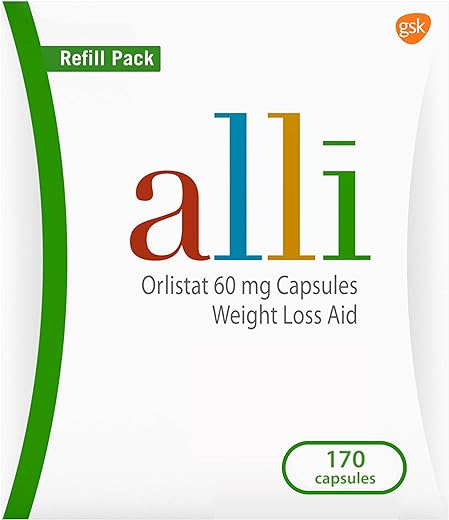









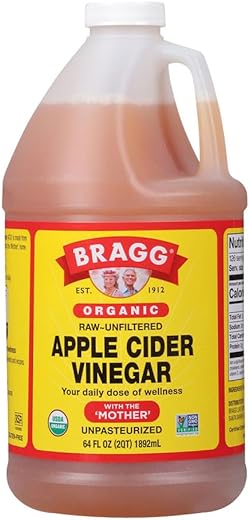

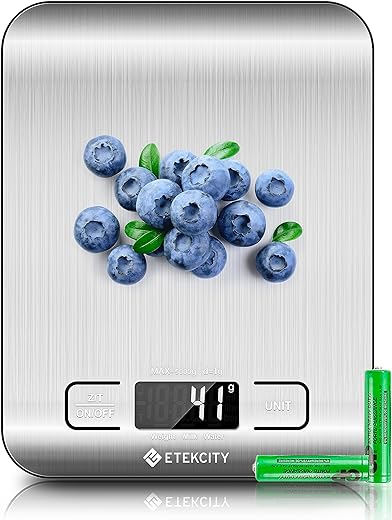


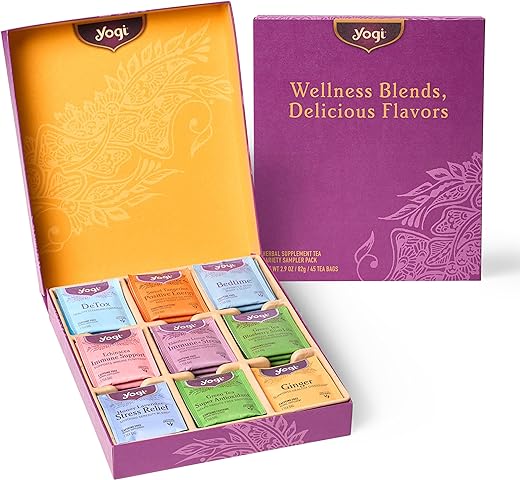
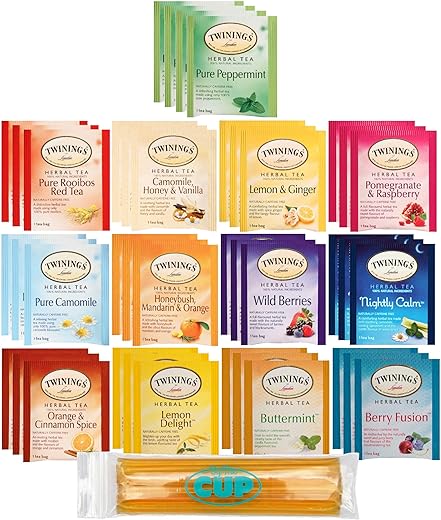

Can you discuss the interaction between antioxidants and exercise in a future article? I’d love to learn more about how they work together to support overall health.
I believe the article oversimplified the role of free radicals in the body. It would be beneficial to delve deeper into how they impact different systems.
Thank you for your input. I will work on providing a more detailed explanation of the impact of free radicals in upcoming articles.
The article provided a good overview, but it would be beneficial to include practical tips on how to assess one’s own antioxidant status and make adjustments accordingly.
Thank you for your suggestion. I will work on incorporating practical tips for readers to assess and improve their antioxidant status in future articles.
I have personally found that adding a variety of colorful fruits and vegetables to my diet has significantly boosted my antioxidant intake. It would be great to see more meal ideas incorporating these foods.
That’s a great tip! I will consider including meal ideas that focus on colorful fruits and vegetables to help readers increase their antioxidant consumption.
Thank you for your feedback! I will consider including a list of antioxidant-rich foods in future articles.
I’d be interested in reading a follow-up article that explores the debate around synthetic vs. natural antioxidants. It’s a controversial topic with varying opinions.
Thank you for the suggestion. I will research and consider covering the debate between synthetic and natural antioxidants in a future article.
I found the section on Health Benefits of Antioxidants very informative. It would be interesting to learn about specific foods that are rich in antioxidants.
The article failed to mention the importance of water intake in helping antioxidants function optimally. Hydration is key for overall health and antioxidant efficacy.
Thank you for pointing that out. I will make sure to include the importance of hydration in relation to antioxidants in future articles.
Can you recommend any scientific journals or books for readers who want to dive deeper into the subject of antioxidants and free radicals?
I will compile a list of reputable scientific journals and books on antioxidants and free radicals for interested readers. Thank you for your inquiry!